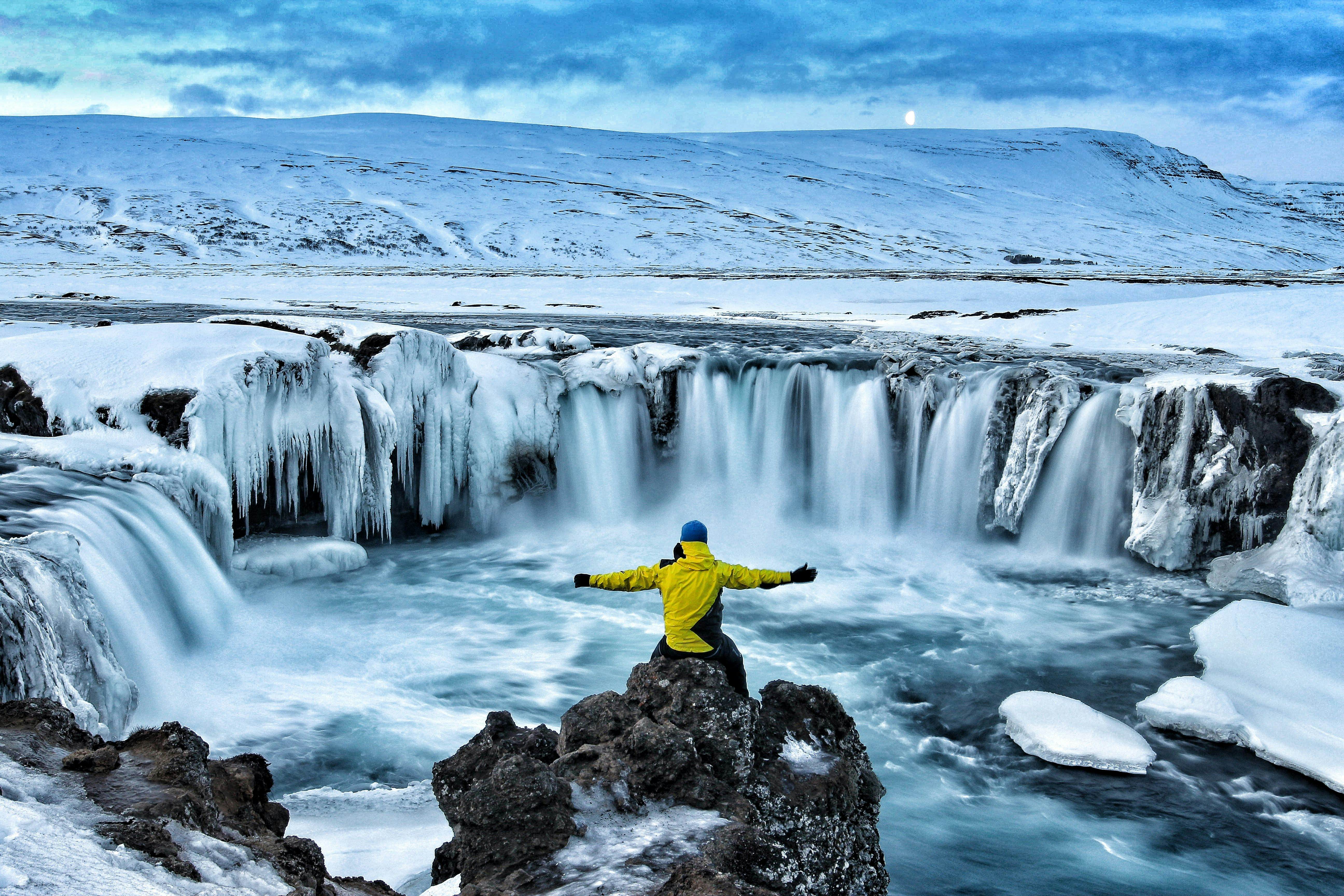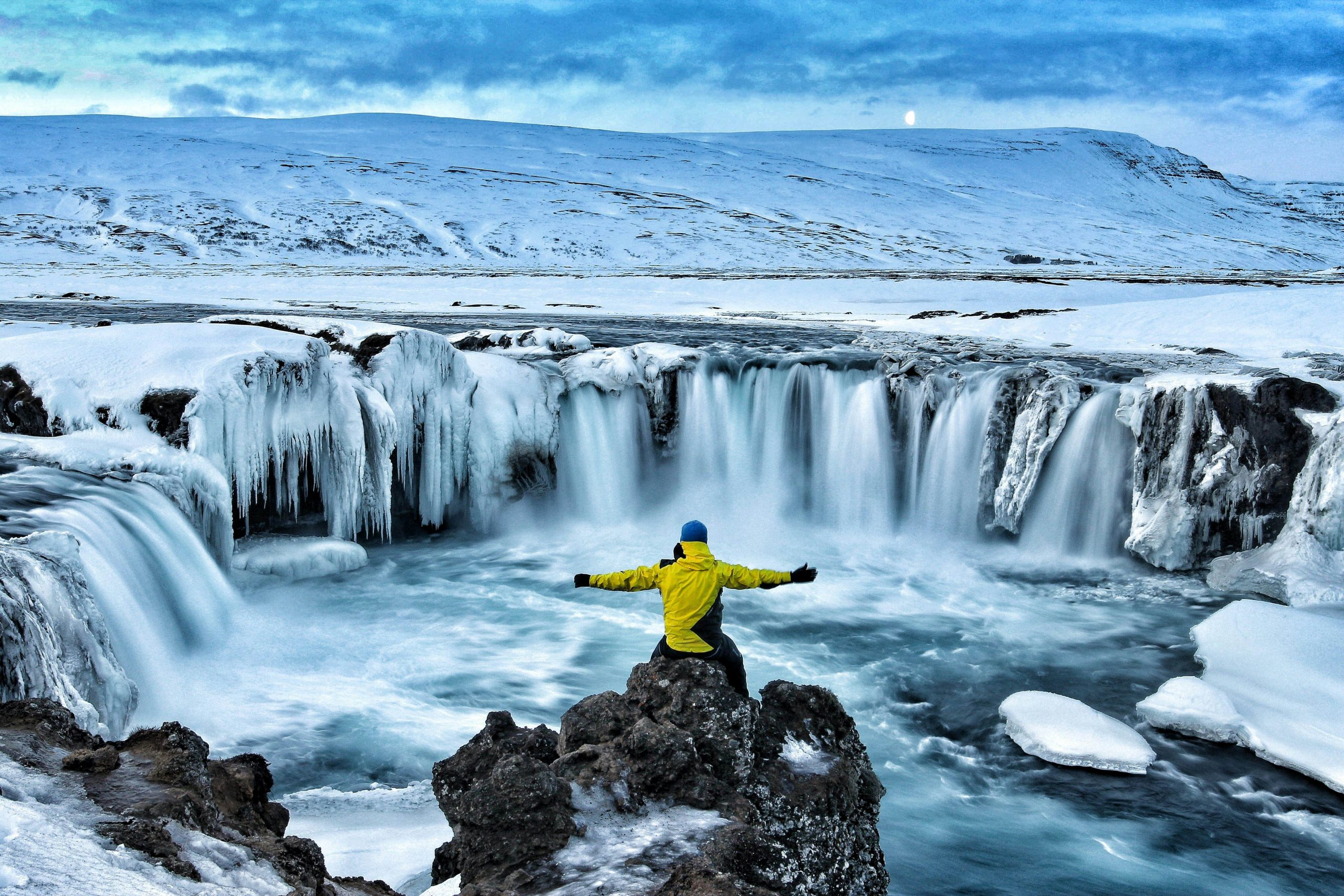Planning a trip to Iceland? You’re in for an unforgettable adventure! But when is the best time to visit Iceland? This question is crucial for maximizing your experience in this land of fire and ice. In this article, we’ll dive deep into the best seasons to visit, what to expect, and how to make the most out of your Icelandic journey. Whether you’re chasing the Northern Lights, exploring ice caves, or simply soaking in the natural beauty, we’ve got you covered.
Key Takeway
Before we delve into the details, here are the Key Takeway for the best time to visit Iceland:
- Summer (June to August): Ideal for outdoor activities, the Midnight Sun, and milder weather.
- Winter (November to February): Best for viewing the Northern Lights and enjoying winter sports.
- Spring (April to May): A great time for fewer crowds and blooming landscapes.
- Autumn (September to October): Perfect for witnessing the fall colors and still having a chance to see the Northern Lights.
Explaination
Parties Involved: Travelers and Icelandic Locals
Travelers from around the globe flock to Iceland year-round, each with unique interests and expectations. From adventure seekers to nature lovers, Iceland offers something for everyone. The local Icelandic community plays a significant role in providing authentic experiences, whether through guided tours, cultural festivals, or culinary delights. Understanding the local customs and seasonal activities can greatly enhance your visit.
Timeline: Seasonal Highlights
Each season in Iceland offers distinct experiences:
Summer (June to August)
Summer is the peak tourist season in Iceland. The days are long, with nearly 24 hours of daylight during June and July, thanks to the Midnight Sun. This period is perfect for hiking, whale watching, and exploring the highlands. Key events include the Reykjavik Arts Festival and the Secret Solstice Music Festival.

Winter (November to February)
Winter is magical in Iceland, with the Northern Lights dancing across the night sky. This is the best time for ice caving, glacier hiking, and enjoying the serene snowy landscapes. The Iceland Airwaves Music Festival in November is a must-visit for music enthusiasts.
Spring (April to May)
Spring is a transitional period with fewer tourists and blooming flora. It’s an excellent time for bird watching, especially puffins, and exploring waterfalls in full flow. The Reykjavik Folk Festival in March is a great cultural experience.
Autumn (September to October)
Autumn offers a beautiful palette of fall colors and a quieter atmosphere. It’s also a good time to catch the Northern Lights before the heavy winter sets in. The Reykjavik International Film Festival in late September is a highlight for film buffs.
Impact
Visiting Iceland can have a profound impact on both personal and professional lives. On a personal level, the stunning landscapes and unique experiences can provide a much-needed break from routine, offering relaxation and rejuvenation. Professionally, the inspiration drawn from Iceland’s natural beauty can fuel creativity and innovation. For travel bloggers, photographers, and nature enthusiasts, Iceland serves as a rich source of content and inspiration.
Media Reaction
Iceland has garnered significant attention in the media for its breathtaking scenery and unique attractions. Publications like National Geographic and Lonely Planet frequently feature Iceland as a top travel destination. Social media platforms are flooded with stunning images and videos of Iceland, captivating audiences worldwide. The public’s fascination with Iceland continues to grow, making it a trending topic in travel circles.
Future Plans
Looking ahead, Iceland’s tourism industry is poised for continued growth. Efforts are being made to promote sustainable tourism and preserve the natural environment. Upcoming infrastructure projects aim to enhance the visitor experience while minimizing the ecological footprint. Future travelers can look forward to new attractions, improved facilities, and innovative tour options that cater to diverse interests.
In conclusion, the best time to visit Iceland depends on your interests and what you wish to experience. Summer offers endless daylight and outdoor adventures, while winter provides a magical setting for Northern Lights and ice activities. Spring and autumn present a balance of fewer crowds and unique seasonal highlights. No matter when you choose to visit, Iceland promises an unforgettable journey filled with natural wonders and cultural richness. Plan your trip wisely, and you’re sure to create memories that will last a lifetime.
Ready to embark on your Icelandic adventure? Pack your bags and get ready to explore the best of what Iceland has to offer, any time of the year!










